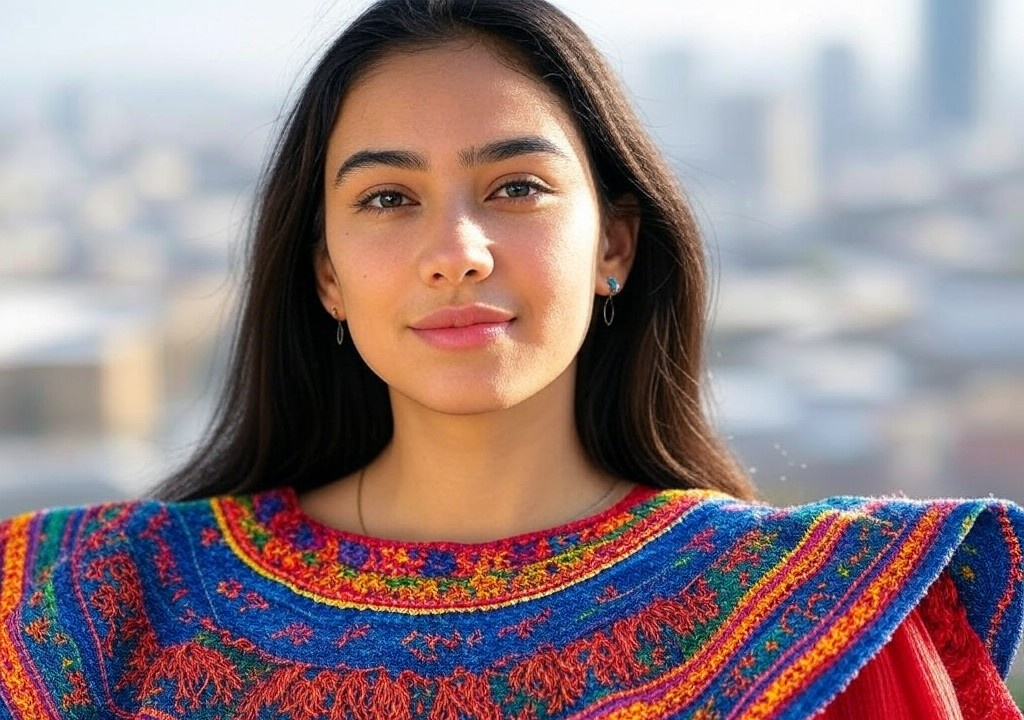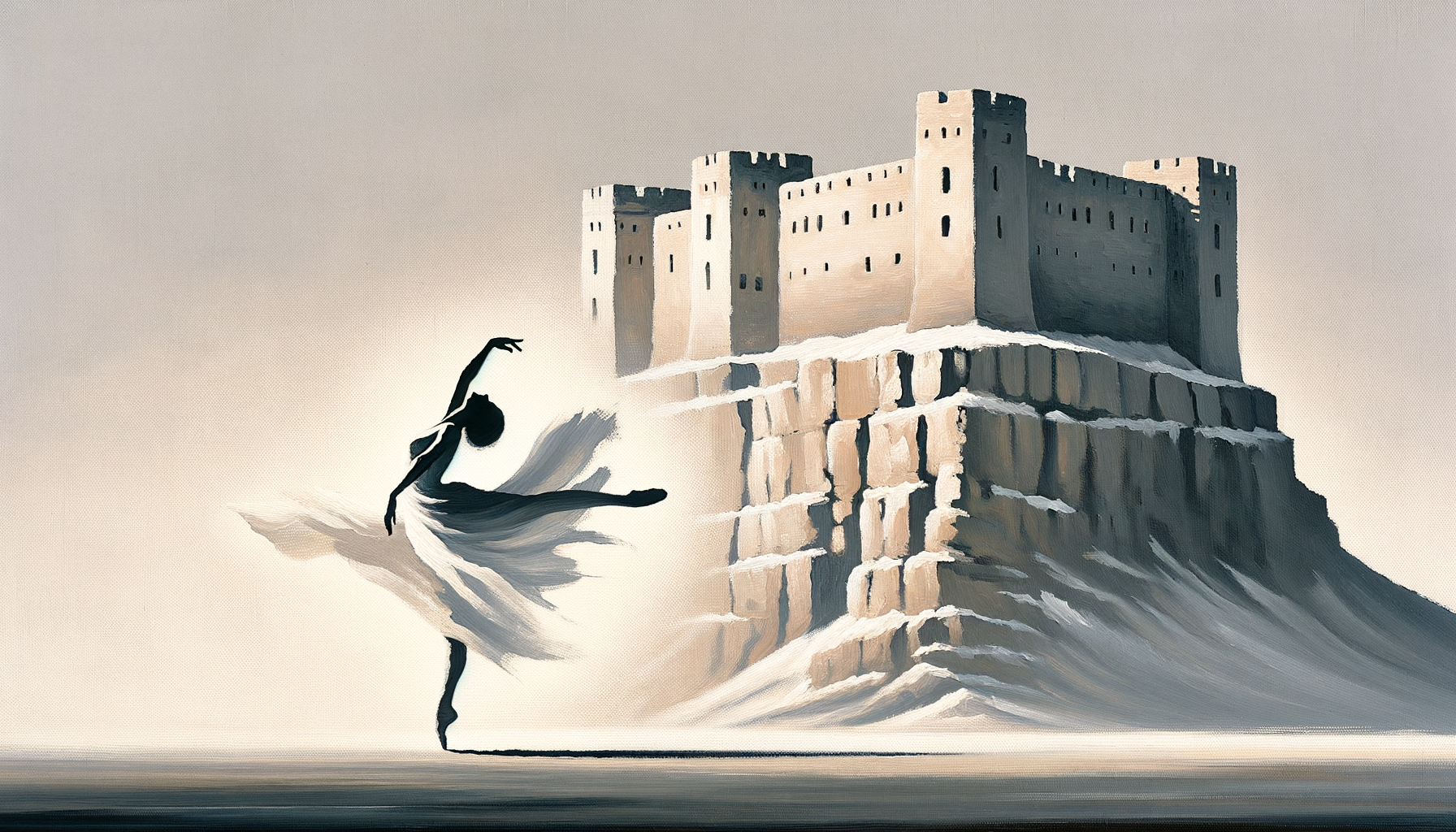The first time I realized I had a problem was in seventh grade during a school dance. You know the kind. The lights were dim (but not dim enough), everyone stood awkwardly in circles, and the music alternated between cringe-inducing pop hits and slow songs that made you want to crawl under the bleachers. A boy I’d had a crush on for weeks asked me to dance, and instead of gracefully accepting his (clearly life-or-death) offer, I froze. Completely. My palms were clammy, my pulse was racing, and I mumbled something along the lines of “I’m good, thanks,” before retreating to the bathroom.
I wasn’t rejecting him. It wasn’t about him at all. It was about fear—the absolute, paralyzing fear of vulnerability. And friends, that fear stuck with me like an unwelcome guest who ignores every hint to leave.
For years, I wore my guarded nature like armor, dismissing it with quips like, “I just have high standards” or “I’m too busy with school.” But deep down, I knew it wasn’t about standards or schedules. It was about my inability to put myself out there, to risk rejection, or, heaven forbid, admit how I felt. It took me years—and a lot of unreturned texts—to finally confront my fear head-on. Spoiler alert: it wasn’t easy, but it was worth it.
Fear Is a Tango, Not a Solo Act
For as long as I can remember, I’ve been terrified of emotional vulnerability. Chalk it up to being a perfectionist, growing up in an academic household, or just plain human stubbornness. Vulnerability felt like handing someone a mirror and saying, “Here’s what I’m most insecure about—please don’t shatter it.” No thank you.
But here’s the thing about fear: it doesn’t operate alone. It dances chaotically with shame, self-doubt, and even pride. When someone came too close—whether it was someone I liked romantically or even in friendships—I would retreat into my self-constructed fortress. From the outside, I probably seemed like a queen of cool detachment. Inside? It was more like a poorly directed telenovela, complete with dramatic internal monologues.
One day, a friend of mine—blunt, unapologetic, and the kind of person who fights with her whole heart—looked me squarely in the eyes and said, “Carmen, no one is going to scale that fortress of yours with flowers and poetry. You have to at least unlock the gate.”
She was right (don’t tell her I said that). Vulnerability isn’t a weakness or lack of control—it’s an invitation for connection. And those connections? They’re what give life its spark, its depth, its poetry.
The Breakthrough Moment
My real “aha” moment came when I moved to Madrid for graduate school. If there’s one thing living abroad will teach you, it’s how to be uncomfortable. Nothing says “vulnerable” quite like fumbling through new languages (and accidentally asking for a bus full of ham instead of the bus to campus). But the beauty of that discomfort is that it forces you to grow.
I had just arrived when I met Diego, a fellow classmate who loved quoting Neruda and debating Borges versus Cortázar over sangria. He asked me out one day after class, casually, as if it weren’t a life-altering prospect. Instinct kicked in: avoid, deflect, find a socially acceptable excuse. Not today, Diego.
But then I remembered my friend’s words—about unlocking the gate—and I decided to try something different. I said yes. Not the most groundbreaking of decisions, but in that moment, it felt revolutionary. Dinner wasn’t perfect: I spilled sauce on myself, couldn’t stop nervously laughing, and explained a literary theory all wrong. But Diego didn’t seem to care. He even corrected my Borges mistake without making me feel small. For the first time, I realized vulnerability wasn’t a weakness—it was the bridge to something I’d been missing.
How I Conquered the Fear (and How You Can Too)
Overcoming a fear isn’t like flipping a switch; it’s more like learning a new language—it takes patience, repetition, and the willingness to stumble. Here are some lessons I picked up along the way:
-
Start Small but Start Somewhere
Vulnerability doesn’t mean baring your soul to the first person who smiles at you. Start with small acts, like sharing something honest about your day or admitting when you don’t understand something. You’d be surprised how these tiny moments change the dynamic of a conversation. -
Rip Off the Band-Aid
As my Madrid dinner taught me, sometimes you just have to jump. Say yes when you’re scared. Don’t overthink every potential “what if” before meeting someone new. You’ll surprise yourself. -
Get Comfortable with Discomfort
Newsflash: vulnerability will make you squirm. It’s supposed to. Lean into the awkwardness instead of fighting it. Those unguarded moments? They’re where authenticity lives. -
Adjust Your Expectations
Not every person you open up to is going to respond perfectly, and that’s okay. Vulnerability isn’t about guaranteeing connection—it’s about making it possible. -
Forgive Yourself
You will falter. You will want to retreat. Don’t beat yourself up if you find yourself rebuilding the fortress now and then. Growth isn’t linear. -
Celebrate Progress
Did you express how you felt, even if your voice shook? Did you ask someone out for the first time ever? Whether it succeeds or not, celebrate the courage it took to try.
The Beauty on the Other Side of Fear
Fast forward to today, and while I can’t say I’m completely fearless, I can say this: I embrace the discomfort of emotional honesty. I’ve fumbled through declarations of love, admitted when I’ve made mistakes, and let people see my messier, imperfect side. What I found on the other side of fear wasn’t just confidence—it was freedom. Freedom to be myself, unapologetically, and to see if someone would like that version of me.
Fear never really goes away, but it loses its power when you face it head-on. My seventh-grade self didn’t know that when she ran away from the dance floor in terror, but let me tell you, she’d be proud of the woman who finally decided to stick around and move to the music. Even if it means stepping on someone’s toes.
And as for Diego? That’s a story for another time. Let’s just say it involved a lot more sangria, a lot more laughs, and, eventually, a goodbye that didn’t feel heartbreaking but, instead, beautifully bittersweet. Because every connection teaches us something—if we’re brave enough to let it.




















